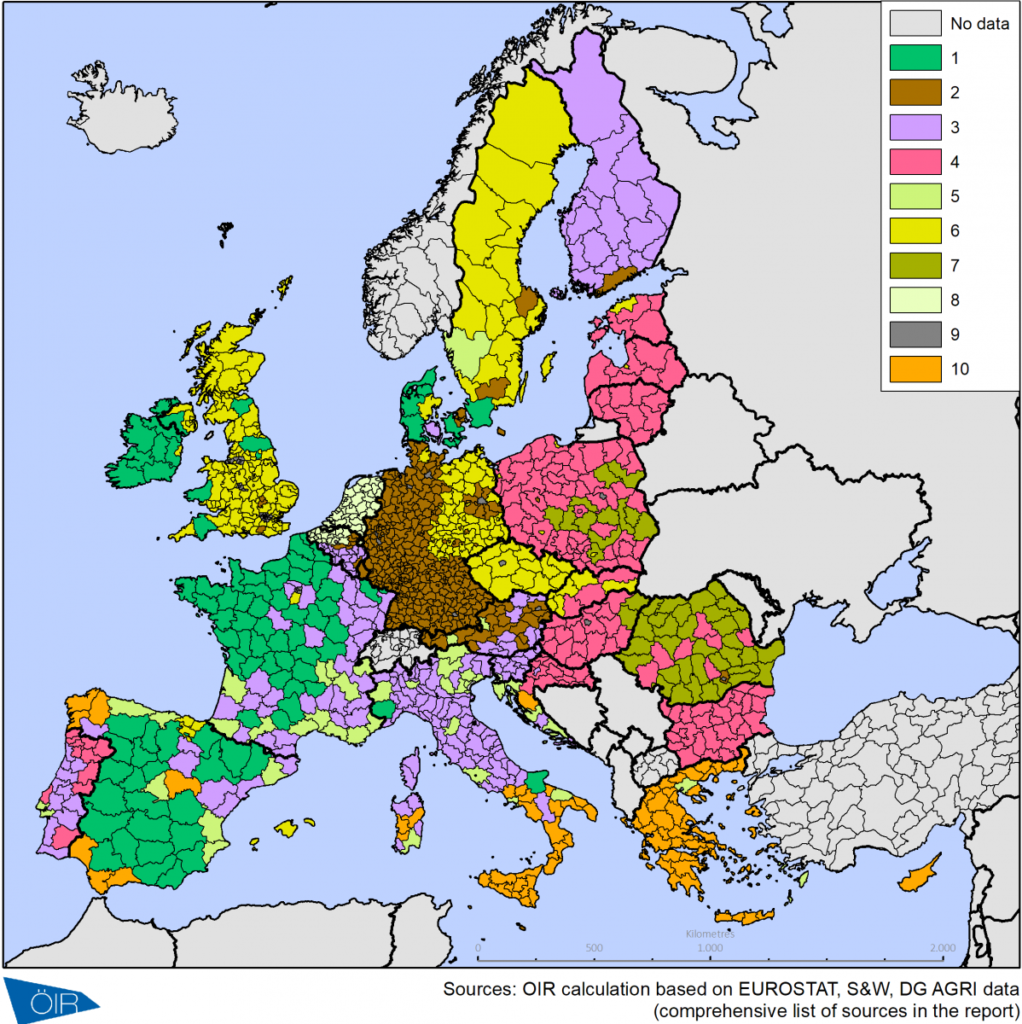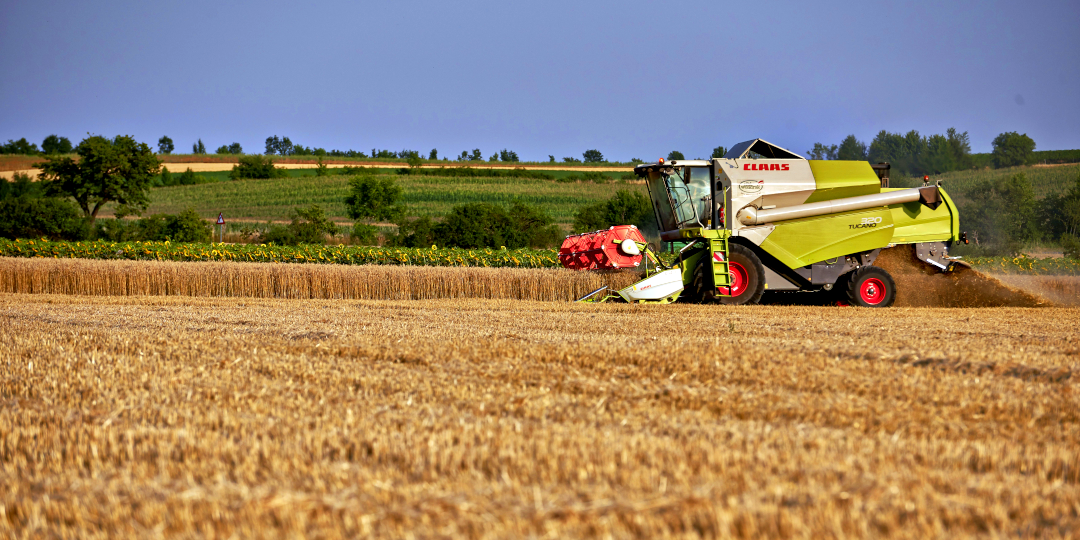This evaluation study aims at assessing the impact of selected CAP Pillar 1 and Pillar 2 measures on generational renewal in both the farming and wider rural populations along six dimensions: effectiveness, efficiency, coherence, relevance, causal analysis and European added value. Based on a range of research and evaluation methods, the study identifies the drivers and pitfalls of generational renewal in agriculture and rural professions and investigates how specific CAP measures support young people in setting up or taking over business in non-urbanised areas.

ÖIR has been involved in a range of qualitative and quantitative data analysis tasks, namely literature review, correlation analyses, desk research and case studies – including key stakeholder interviews. Building on a preliminary review of the socio-economic characteristics of European NUTS 3 regions combined with an analysis of their CAP expenditure profile, all EU regions have been grouped into distinct clusters and further characterised. In the next stage of the study, in-depth case studies of regions from across these 10 clusters (except predominantly urban regions) have been undertaken to provide detailed insights into the dynamics of generational renewal at a more local level.





